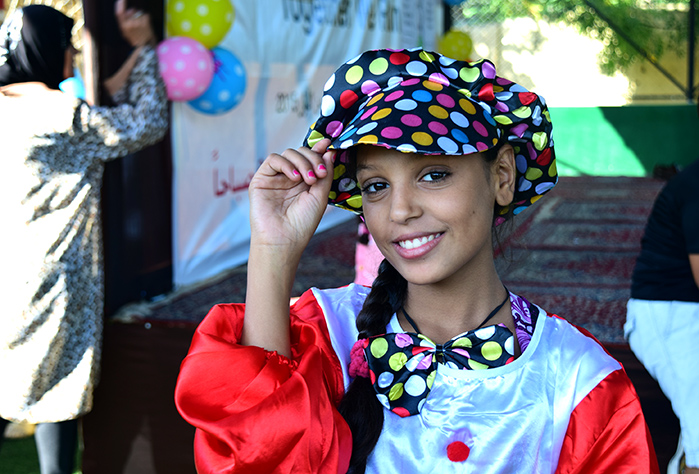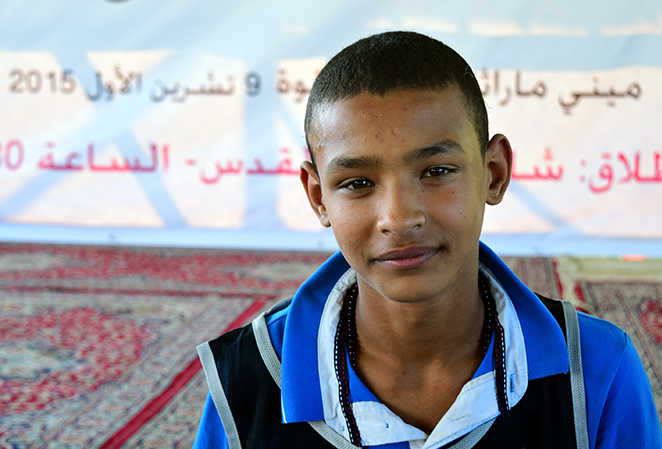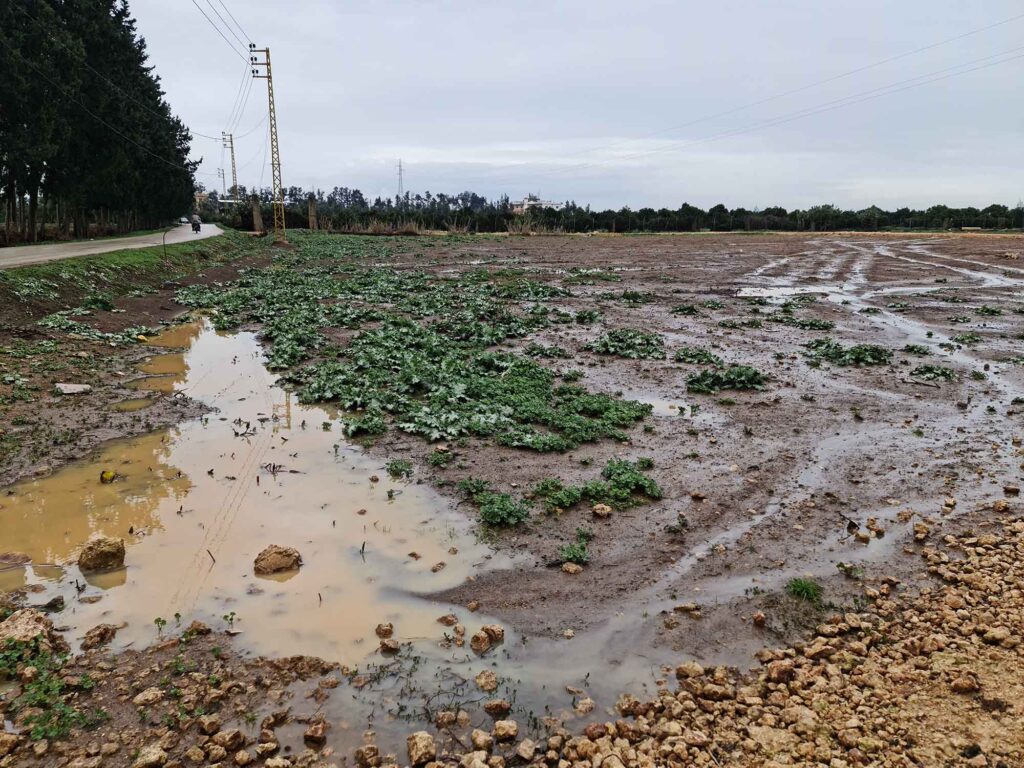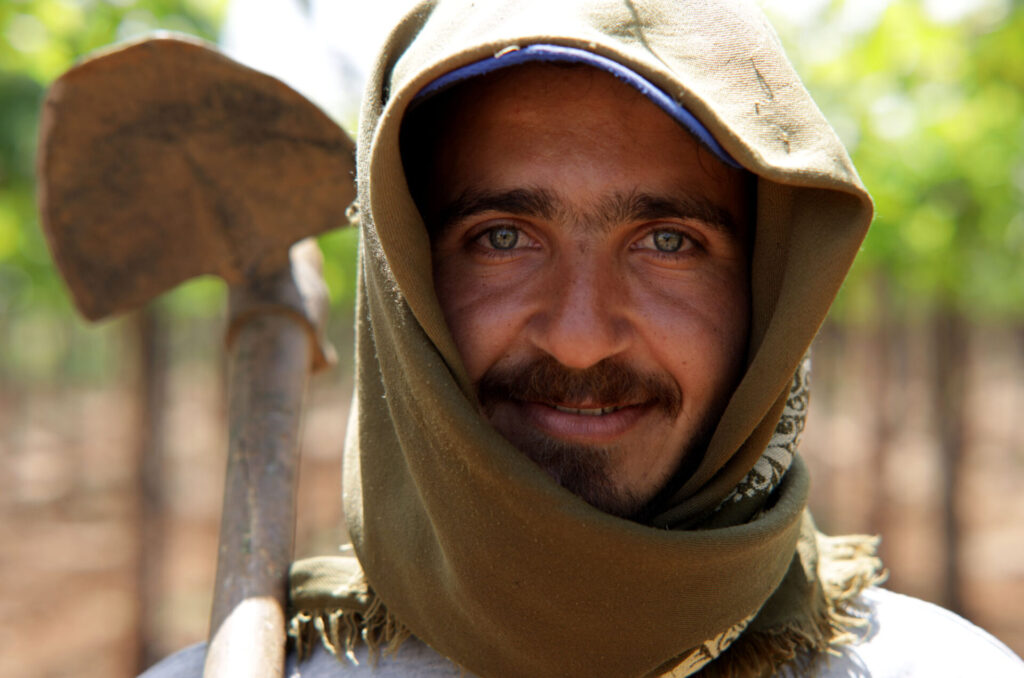Oct, 2015
On a Sunday afternoon in October, refugee youth in Lebanon gather in Ein El Hilweh Palestinian refugee camp for an Open Sports Day hosted by Anera.
The warm sun shines down on the faces of 300 boys and girls. Slowly, the frustration of refugee life in Lebanon is replaced with laughter. The sound of clapping drowns out any lingering negativity among the refugee teens, at least for the moment, as they run and play.
As part of Anera’s youth development project for refugee teens with UNICEF, the sports day brought together local partners in Ein El Hilweh that provide youth between the ages of 14 and 18 with transferable skills courses and vocational training. Sports activities are a major component of the program that provide opportunities for personal development and real-life conflict resolution scenarios, on and off the field.
Refugee youth participated in all kinds of sporting activities, including Sahaja yoga, dancing, theatrical performances and mini-marathon races.
Ouyoun Shabayta, Anera’s field coordinator in Ein el Helweh camp, described the event as a great success. “We all worked together to make this event a successful one; we cooperated well with our local partners, local authorities in the camp and the Red Cross to make sure the event went smoothly.”


Sports Give Refugee Youth the Chance to Express Themselves
Fourteen-year-old Mohammad Hamed was ecstatic to participate in the day’s events. As a member of the Najdeh Association, Hamed is active on the soccer team. “Soccer allows me to show team spirit, make friends, and develop cohesion with my teammates,” he says.
Though only a teenager, Hamed had some valuable insight to share about participating in a a team sport: “I love to win, but I learn lessons from losing as well.”
But the Open Sports Day was about much more than just footballs or races. It was an opportunity for Palestinian, Syrian, and Lebanese youth to forge friendships, demonstrate sportsmanship, and forgo their many struggles, even just for the day.
“Sports offer an opportunity for refugee youth in Lebanon to express themselves, to build friendship, and to escape the daily tensions and security problems of the camp,” Shabayta explains.






